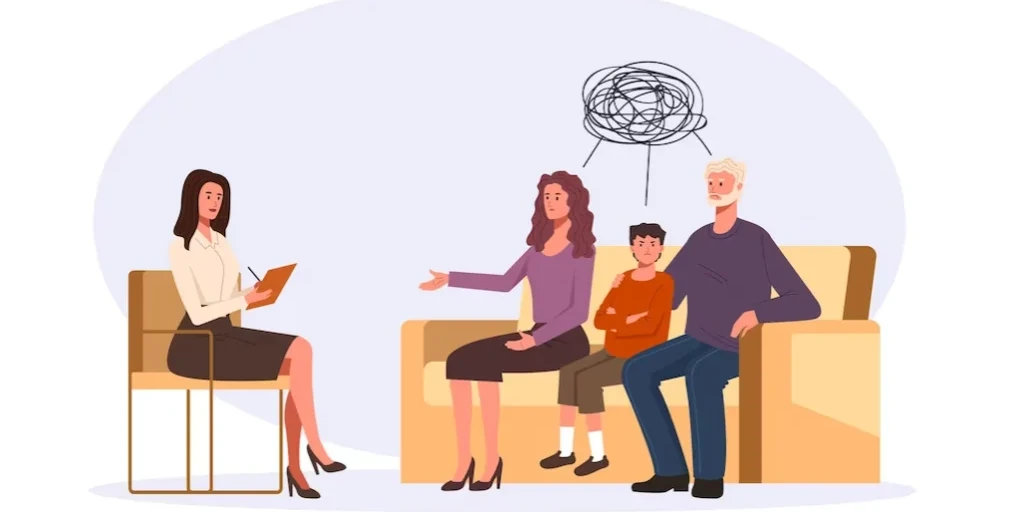24/7 Helpline:
(866) 899-111424/7 Helpline:
(866) 899-1114
Learn more about Bipolar Disorder Treatment centers in Elgin
Bipolar Disorder Treatment in Other Cities

Other Insurance Options

Magellan Health

Evernorth

Highmark

Carleon

Health Net

Multiplan

CareSource
Beacon

Private insurance

Oxford

Optum

MHNNet Behavioral Health

Cigna

Group Health Incorporated

State Farm

PHCS Network

BHS | Behavioral Health Systems

GEHA

Choice Care Network

BlueShield


Center for Human Development
Center for Human Development is a private rehab located in La Grande, Oregon. Center for Human Devel...

Jonathan M. Wainwright Memorial VA Medical Center – La Grande VA Community Based Outpatient Clinic
Jonathan M. Wainwright Memorial VA Medical Center - La Grande VA Community Based Outpatient Clinic p...















































































Heart Steps Counseling Services
Heart Steps Counseling Services is a private rehab located in La Grande, Oregon. Heart Steps Counsel...

Grande Ronde Recovery
Grande Ronde Recovery is a private rehab located in La Grande, Oregon. Grande Ronde Recovery special...


















